European Child Guarantee: Overview of selected aspects of the National Action Plans
To combat child poverty, the European Parliament, the European Commission and the Council of the European Union decided in 2021 to establish a “European Child Guarantee”. It aims to “prevent and combat social exclusion by guaranteeing access for children in need to a range of essential services, thereby also contributing to the protection of children’s rights by tackling child poverty and promoting equality of opportunity.”
The Child Guarantee requires that the individual EU Member States each develop a National Action Plan (NAP) with country-specific measures for implementation. The NAPs cover the period until 2030 and take into account national conditions. They are supposed to include:
- target groups;
- quantitative and qualitative targets;
- planned or already taken measures, including financial resources and timetables; and
- a framework for monitoring
In view of the protracted process of submitting the Action Plans, the AGF presents an interim overview of their status and how the member states approach them. The Action Plans follow very different approaches in terms of content and structure as well as style, which makes it difficult to compare them. In addition, owing to the scope of the NAPs and time constraints, this undoubtedly cannot be an in-depth analysis, but merely a snapshot of the current status of the Action Plans that have been submitted by the end of 2022.
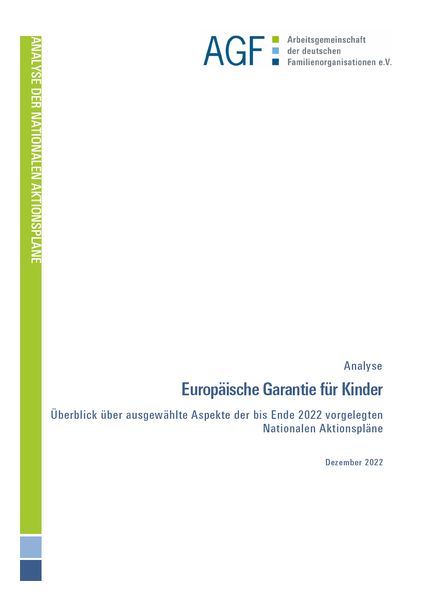
- Please download the full overview here: Overview of selected aspects of the National Action Plans
Netzwerk (Network) 2030: Machbar-Berichte 2018, 2020 and 2021 (Doable-Reports 2018, 2020 and 2021)
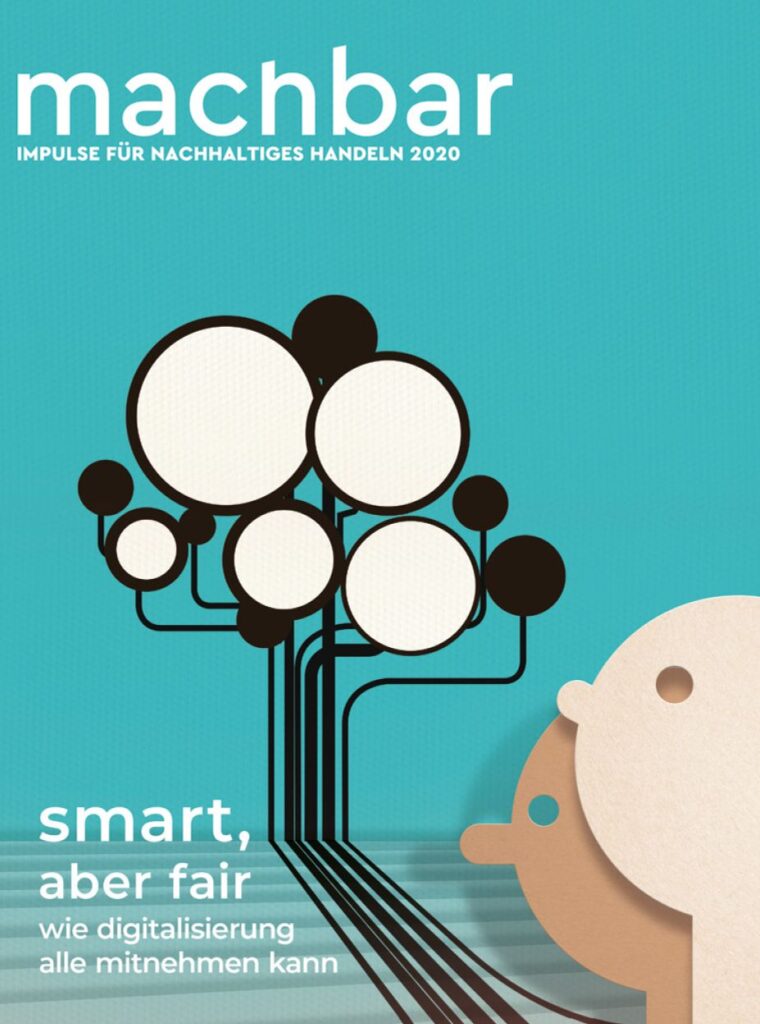

Publication series on the current system to secure a subsistance level for children in Germany
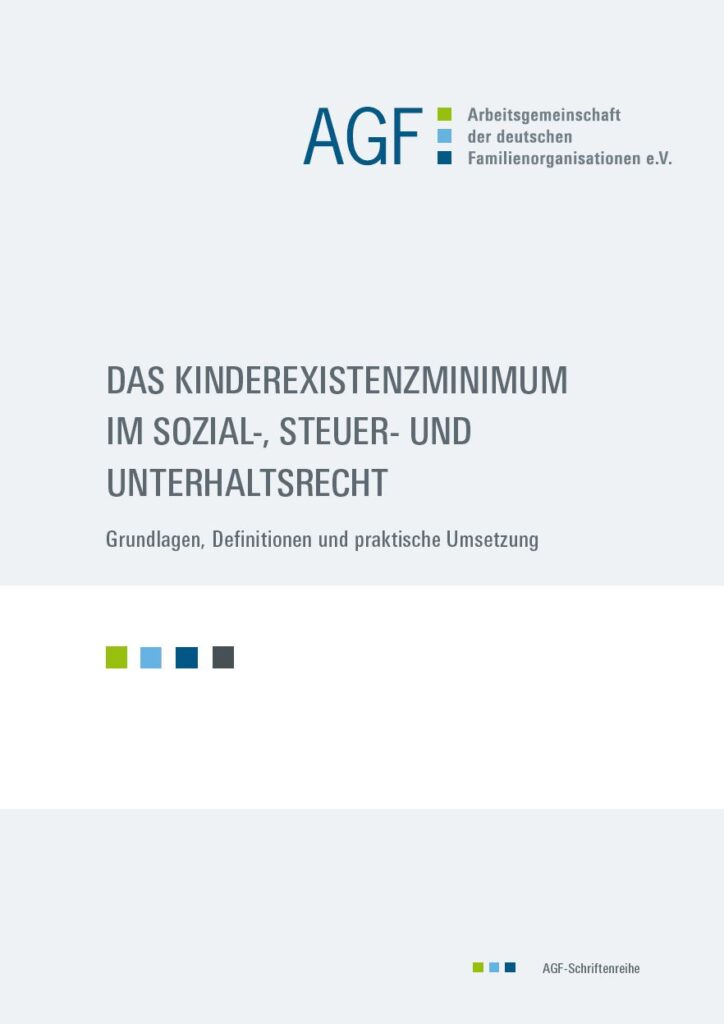
The series covers four parts and looks how the German social law, the tax law and the maintenance law deal with the subsistance level for children: How is it defined and how is it calculated in the respective law? Additionally the series shows how these laws interact with each other and what the effects of these interactions are.
The series was written with the support of Heinrich Schürmann, a family law practitioners and former presiding judge at the Higher Regional Court (Oberlandesgericht) Oldenburg, who reviewed the texts.
The publications are written in German language.
- Part 1 – The subsistance level for children in the German social law (Das Kinderexistenzminimum im Sozialrecht: Regelbedarfe und Leistungen für Bildung und Teilhabe) (March 2017)
- Part 2 – The subsistance level for children in the German tax law (Das Kinderexistenzminimum im Steuerrecht: Kinderfreibetrag und Kindergeld) (July 2017)
- Part 3 – The subsistance level for children in the maintenance law (Das Kinderexistenzminimum im Unterhaltsrecht) (February 2018)
- Part 4 – The subsistance level for children in the laws for advance on maintenance payments and child supplement (June 2018)
- All parts in one document
Leaflet: “Die Einstellung macht’s – Werbung und Privatsphäre im Internet”
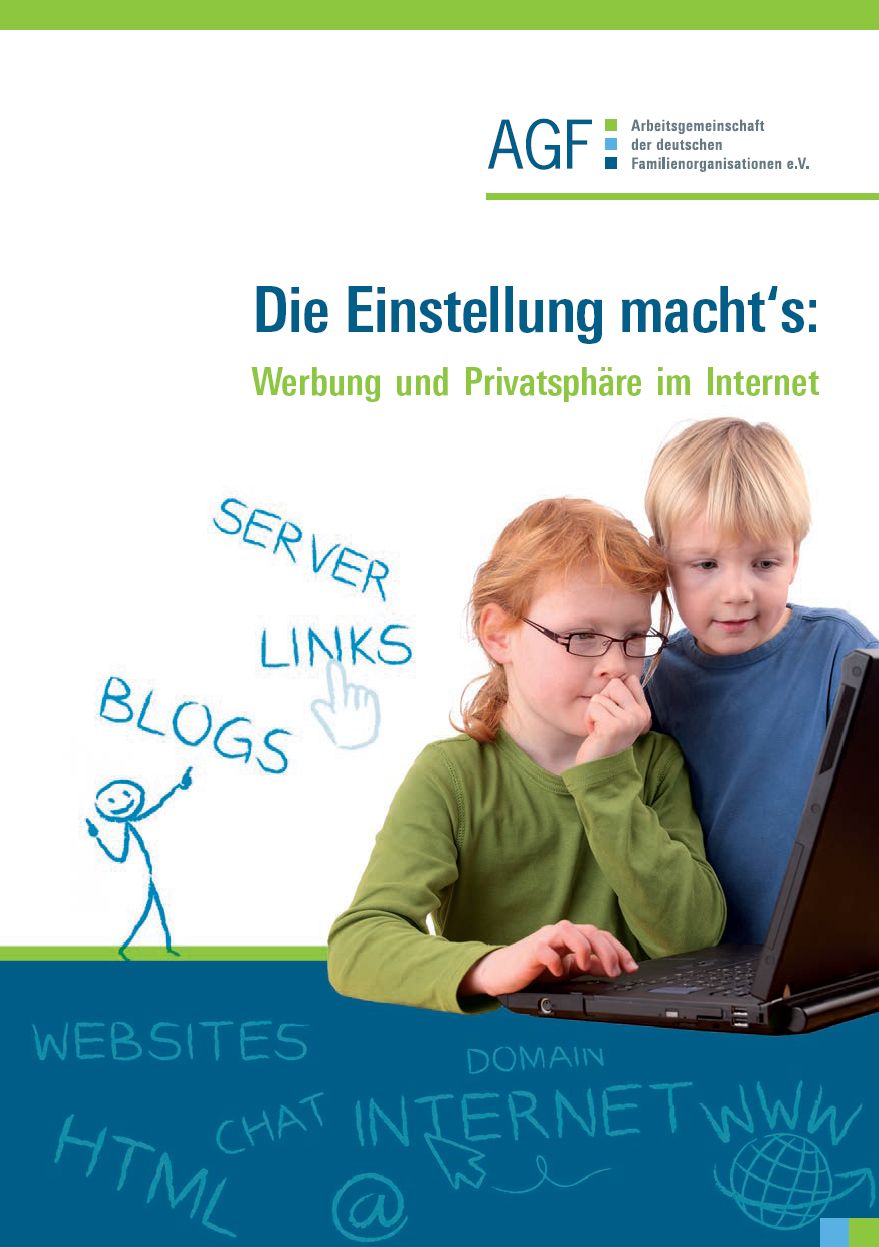
Online ads are really annoying to many consumers, but they have learned to ignore banners and other traditional advertisement. So advertisers have seeked for other methods to ensure the consumers’ attraction and found it in behavioural or targeted advertisment. Thus, the consumers will only receive ads “of interest” for them and will be less bothered. But considering the amount of private information necessary for targeted advertisement, many concerns remain.
To protect ones privacy also on the internet and to safeguard children, the AGF leaflet “”Die Einstellung macht’s: Werbung und Privatsphäre im Internet” (German only) gives hints how tracking and behavioural advertisment can be banned with simple browser settings. The review focusses on the most known browsers Mozilla Firefox, Internet Explorer, Google Chrome and Safari.
Summary of FAMILYPLATFORM reports
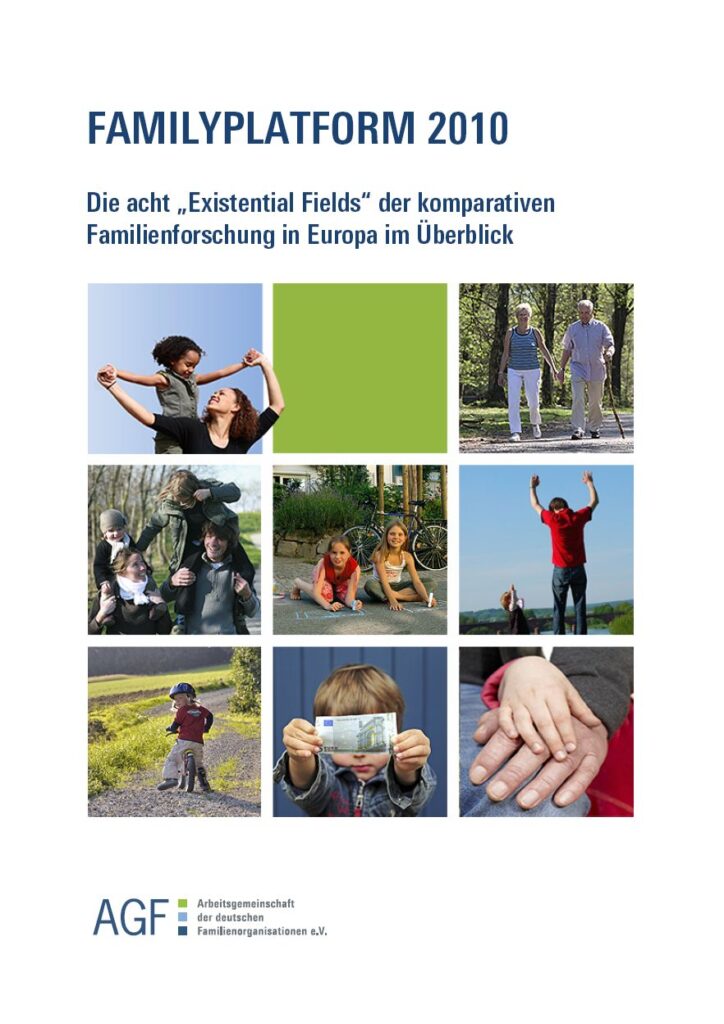
The FAMILY PLATFORM aimed to develop a research agenda for family issues on the EU level. Correspondingly, reports were created, which include inter alia the upcoming trends in family policies and the current state of research. The AGF has summarized the reports from a German perspective.

